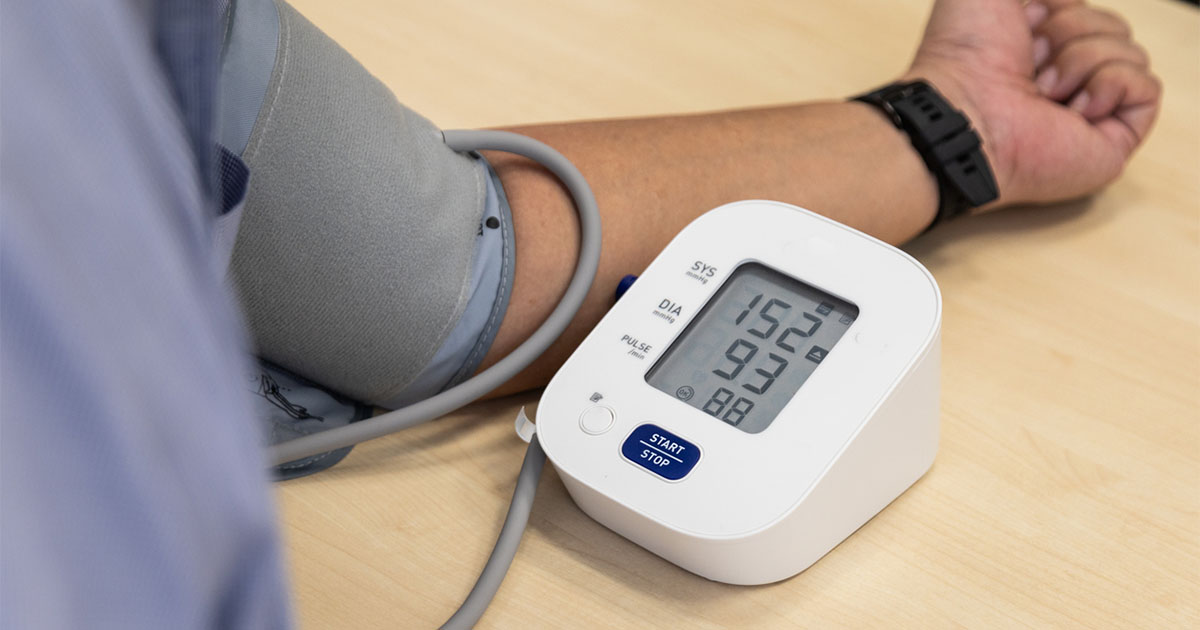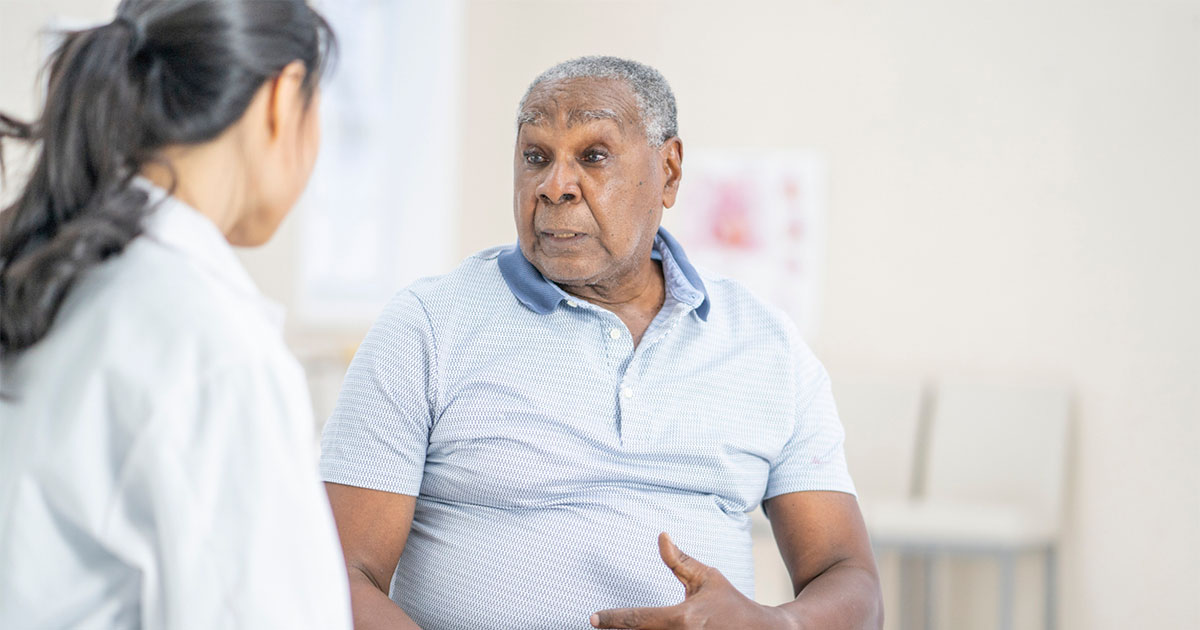It is only a matter of weeks until our 2nd National Conference, and we are approaching it with great excitement! None of us knew whether our ‘act of faith’ in attempting a large conference in 2005, our inaugural year, would be justified, but so successful did it prove that confidence outweighs trepidation as this year’s event draws near. We have worked to build upon last year’s success, taking note of all the feedback we received regarding both the highlights and suggested improvements. Just as important as the organised programme, though, is the opportunity to meet and discuss ideas with so many of our colleagues who face similar demands in their work. I trust that every one of us will leave the conference enthused, enriched and able to do something better in our everyday clinical practice.
If you have not yet booked a place, please do, and contribute to the success and enthusiasm of the event.
I recently met with a small group of primary care practitioners (doctors and nurses) from other countries in Europe and also from the US. All shared the dedication and expertise of the best of our UK practitioners, but they faced different obstacles, which in some cases made our difficulties look less daunting. Primary care diabetes really does seem to be better organised and implemented in the UK for the population as a whole.
Whatever our gripes with the workings of the Quality and Outcomes Framework, many countries are looking with some awe at what has been achieved here. Some of those figures and experiences will be presented at the 19th World Diabetes Congress in Cape Town in December. Yet we cannot be complacent. There are serious gaps remaining in our own provision of care which will be all too apparent to most of you. We have to work as individuals and as the PCDS to try to address those gaps.
A few members of the PCDS committee will have taken part in ‘Health Hotels’ at the political party conferences by the time you read this. We were invited to join other groups including the Primary Care Cardiovascular Society, the National Obesity Forum and Cholesterol UK to lobby for constructive action among our politicians on matters surrounding obesity, cardiovascular disease and the epidemic of diabetes. There are already a number of MPs with genuine interests in these health issues and we hope that this might be an opportunity to guide their deliberations to the ultimate benefit of our patients.
I now turn to secondary care, where, unfortunately, all is not well. A number of secondary care diabetes facilities are under threat in the current NHS fiscal climate. This is not to be seen as a triumph for primary care. Indeed, an effective diabetes service depends on positive and integrated partnerships between patients, primary care practitioners and our specialist colleagues. Each has an essential contribution to make. Undoubtedly, there is a need to ensure that the skills of each are most efficiently deployed and coordinated. This has often not happened, with long waits to access specialist care for those who need it, inappropriate retention of patients in hospital departments for routine monitoring, and an occasional reluctance on our own part to take on (or pass on) elements of care.
Much work is in progress to try to address these problems, with active PCDS involvement. A resource pack to guide those responsible for practice-based commissioning towards best provision for people with diabetes is in preparation. We continue to work with the Association of British Clinical Diabetologists and Diabetes UK to promote integrated best practice care. While our first priority is to support professionals in primary care diabetes, I believe it is in the interests of us all to have a vibrant secondary care sector to work alongside.
May I close by expressing the hope that I will meet many of you personally at our Birmingham conference in November.
A perspective on diabetes in Wales
The face of diabetes and the location of main treatments has now begun to change in Wales. With the introduction of the Quality and Outcomes Framework, most general practice surgeries now have a structured diabetes clinic, often with a lead GP and practice nurse.
Mobile retinal screening has gradually been introduced over the past 2 years and now covers many areas in Wales, with the hope that all will be covered shortly. This will enable accurate retinal assessment in a primary care setting . It has already helped the migration of patients’ annual review assessment from secondary into primary care. Patient teaching has been established in secondary care, through the DAFYDD (Dosage Adjustment For Your Daily Diet) programme, which is the Welsh version of DAFNE. In addition, DESMOND is running for people with newly diagnosed type 2 diabetes and the X-PERT Programme is offered to all people with type 2 diabetes, in both primary and secondary care. Finally, physicians in primary care have begun insulin initiation and management, often with either secondary or intermediate care support.
There is much more to do. Perhaps structured education, a primary care communication network, IT links and hand-held records are some of the items we need to address.
Calling all practice nurses with an interest in diabetes
The PCDS was formed last year with the aim of supporting primary care practitioners in the delivery of high-quality, clinically effective care, in order to improve the lives of people with diabetes.
The group represents all healthcare professionals involved with primary care diabetes. It is building a database of key opinion leaders working in primary care as well as forging close links with Primary Care Diabetes Europe, Diabetes UK, the Association of British Clinical Diabetologists, the Royal Colleges, the Society for Academic Primary Care and all other leading bodies working in diabetes.
We are seeking a forward-thinking practice nurse to join the Society’s committee. If you believe you can represent the views of practice nurses working in diabetes care, why not get in touch? You could be setting the scene for the future. Our 2nd National Conference (see page 121) is on 17–18 November in Birmingham. Perhaps we’ll see you there!
Please feel free to contact me ([email protected]) if you would like further information or to discuss how you might become involved.





Poster abstract submissions are invited for the 21st National Conference of the PCDO Society, which will be held on 19 and 20 November.
10 Apr 2025